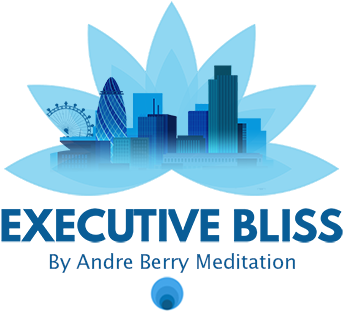Mental Fog at Work Isn’t a Personal Failing—It’s a System Warning
Mental Fog.
That fuzzy-headed feeling where thoughts feel like they’re moving through treacle. You’re replying to emails but forgetting why you opened your inbox in the first place. You walk into a room and can’t remember why. You reread the same sentence three times… and still, it makes no sense.
It’s not laziness. It’s not a lack of intelligence. And it’s not something you need to “power through.” More often than not, mental fog is a signal. A sign that your system is overloaded.
Why Mental Fog Happens
The average person makes an estimated 35,000 decisions a day. That’s 35,000 micro-calculations—often while juggling back-to-back meetings, messages, multiple browser tabs, and tight deadlines in a high-performance workplace.
Now add in:
- Poor or broken sleep
- Long screen exposure
- Constant task-switching
- Unprocessed emotional stress
- Internal pressure to “be on” all the time
No wonder our minds start to fog.
The Hidden Cost in the Workplace
Mental fog doesn’t just impact productivity—it affects clarity, communication, and confidence.
- You hesitate to speak up.
- You second-guess your decisions.
- You lose momentum.
- You feel like you’re falling behind—when really, your brain is just asking for space.
You’re not alone.
Recent data shows that 83% of employees report stress at work—the kind that doesn’t always lead to burnout in one dramatic crash, but slowly erodes sharpness, creativity, and calm.
This is where corporate wellbeing needs a rethink.
Not just reactive solutions—but daily practices that support mental clarity before things unravel.
From Push to Pause
I used to push through it. More coffee. More lists. More tabs. Until I realised it wasn’t helping—just numbing. Now, I pause.
- A walk
- A slow breath
- A reset through meditation
- A few rounds of Brazilian Jiu Jitsu
Or simply staring out the window with no agenda. Not scrolling, Not consuming, Just allowing the mind to settle itself.
Because here’s the truth:
Clarity doesn’t always come from doing more.
It often comes from doing less—on purpose.
What Workplace Wellbeing Really Means
Workplace wellbeing isn’t just about responding to problems— It’s about creating a culture where mental clarity, nervous system regulation, and energy management are baked into the rhythm of the day.
At Executive Bliss, we support business leaders, teams, and individuals with practical, grounded wellness solutions designed for real-world environments.
This includes:
- Nervous system regulation
- Mental spaciousness
- Energy conservation (not just output)
- Real clarity—not just task completion
And yes—sometimes it starts with a walk. Sometimes with a 10-minute meditation. Sometimes with reminding your team: “It’s okay to take a pause.”
Let’s Talk About It
Mental fog is part of being human. What matters is how we meet it—and how we create workplaces that allow clarity to return.
Join us at EXECUTIVE BLISS LIVE
https://www.eventbrite.co.uk/e/executive-bliss-the-art-of-blissful-living-tickets-1290121420899?aff=ebdsshsms&utm_share_source=search_android
Central London | Saturday 31st May
A full-day experience exploring stress management, sleep, stillness, and how to create resilience from the inside out.
Or bring our work into your organisation:
hello@executivebliss.co.uk
+44 7738 167803
Let’s make wellbeing a strategy—not just a slogan.





